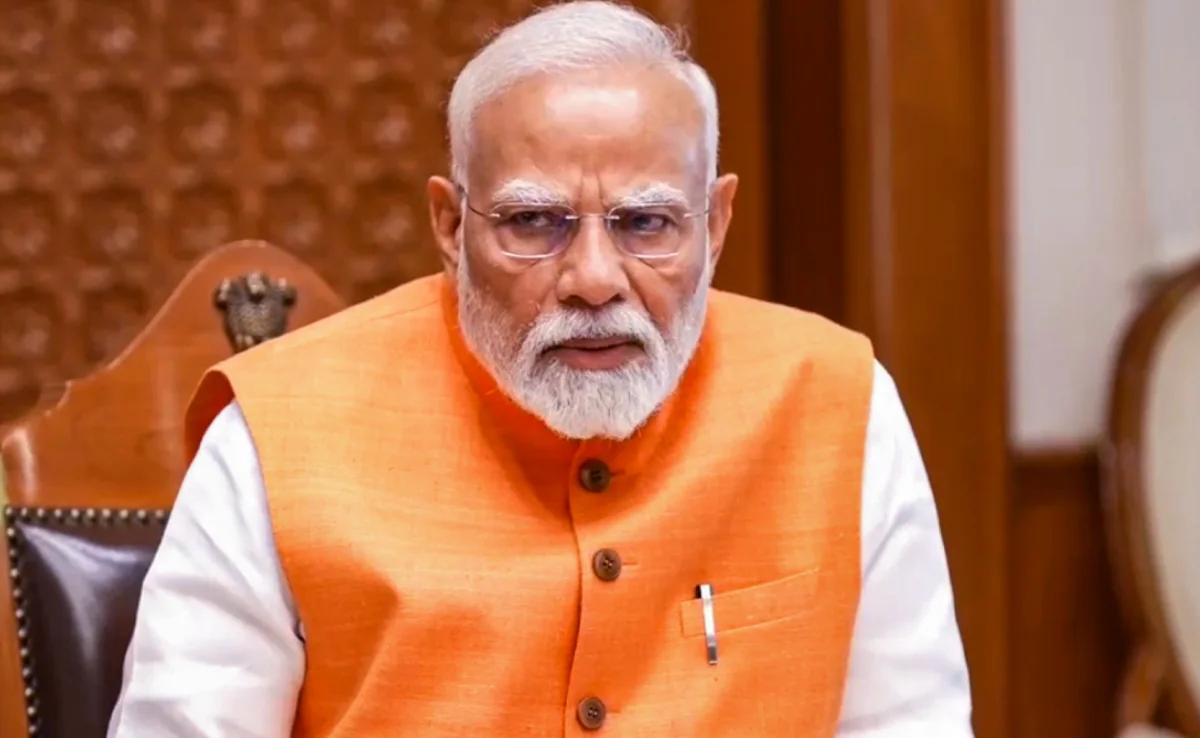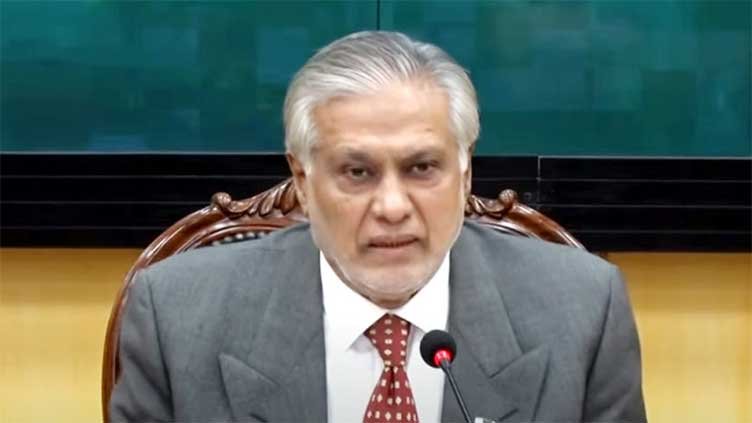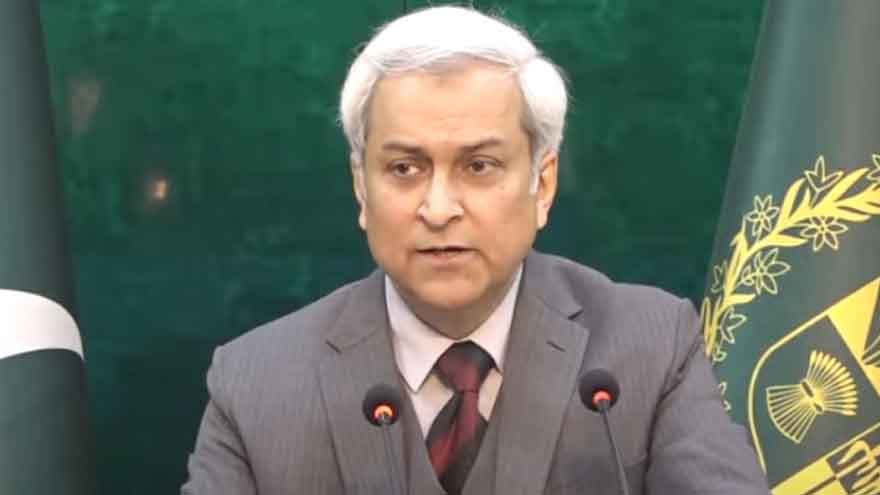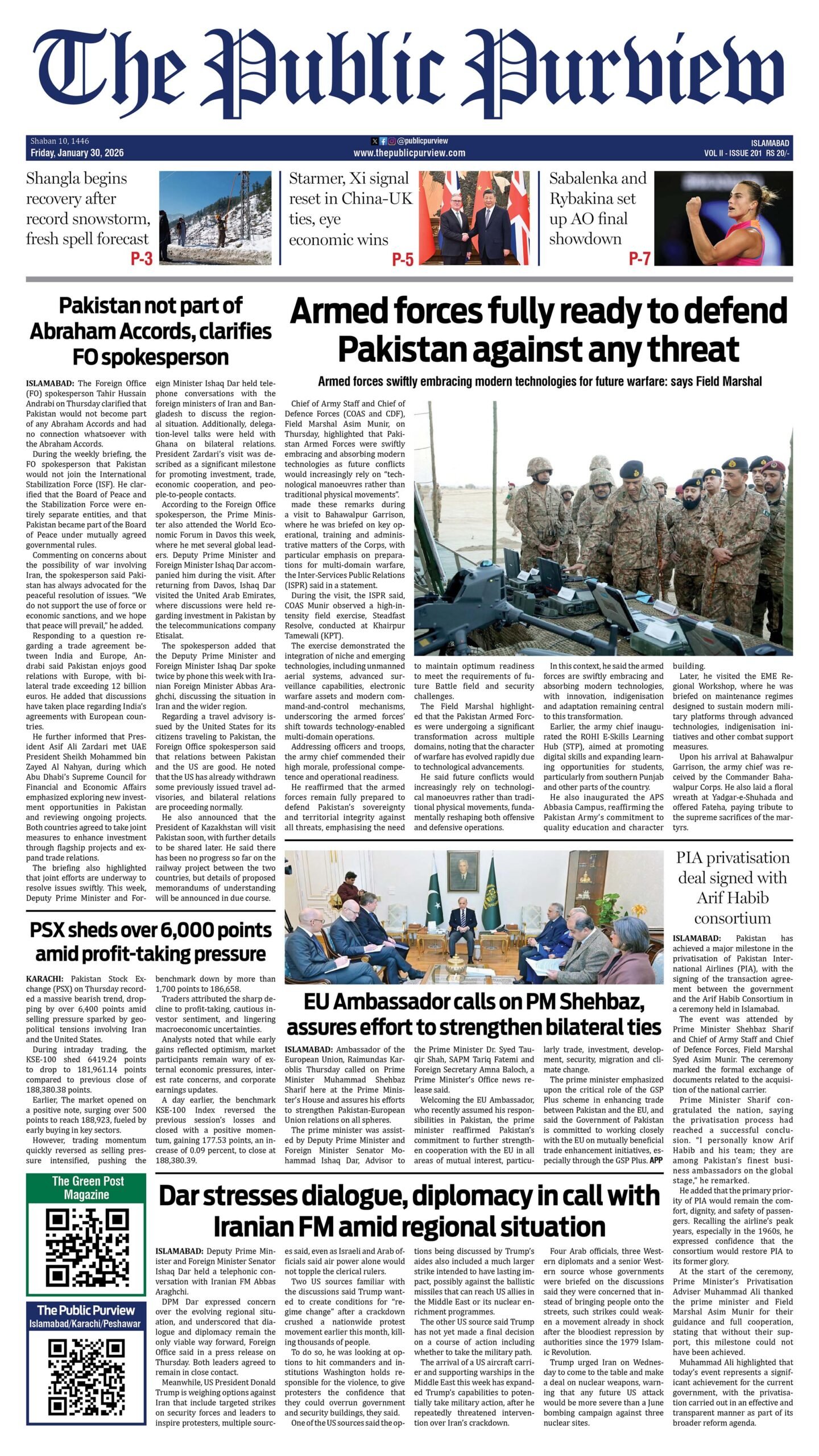The India Rafale jet deal has returned to the spotlight. This time, it carries the weight of military urgency and political controversy. Operation Sandor ended in failure. During the Battle of Right, Pakistan destroyed six Rafale aircraft. Modi’s government, already mired in crisis, now faces another setback. Its latest maneuvers are falling flat. The India Rafale jet deal has become a strategic compulsion. Its scale suggests more than routine defense planning—it signals a deeper political calculation. It reflects a deeper attempt to mask battlefield losses and regain control of the narrative.
According to Indian newspaper The Tribune, the Indian Air Force has now pushed for the purchase of 114 additional Rafale fighter jets under a new defense agreement. It has formally submitted a proposal to the Ministry of Defence. The request focuses on aircraft capable of multi-role operations. Instead of opening the deal to competitive bidding, the Ministry plans to select the French Rafale directly.
In line with the “Made in India” initiative, India will manufacture the jets domestically. Dassault Aviation, the Rafale manufacturer, has partnered with an Indian firm to facilitate this. The deal will cost over ₹2 kharab—roughly $24 billion USD—making it one of the largest defense expenditures in India’s history.
The aircraft will carry a range of weapons. It will also include up to 60% domestic content. Meanwhile, Safran—the maker of the M-88 engine—plans to establish an engine center in Hyderabad. This move signals the urgency of India’s procurement strategy.
The Indian Air Force has emphasized the immediate need for new jets. However, critics argue that the purchase admits the Rafale losses inflicted by Pakistan. Many view the deal as a diversion. They see it as an attempt by the Modi government to mask its failures by spending public funds on weapons of war.
This isn’t the first time Rafales have stirred controversy. India’s initial deal with France in 2015 for 36 jets faced allegations of corruption, favoritism, and inflated pricing. Now, amid renewed tensions with Pakistan and mounting domestic pressure, the push for more Rafales reflects not just tactical necessity but political maneuvering. The skies may be contested, but so is the narrative.






 Today's E-Paper
Today's E-Paper